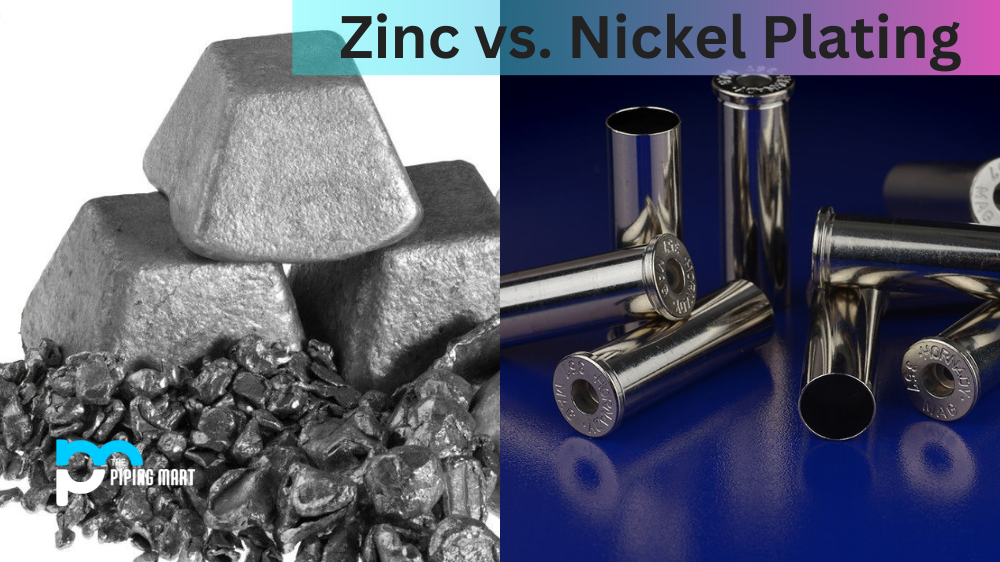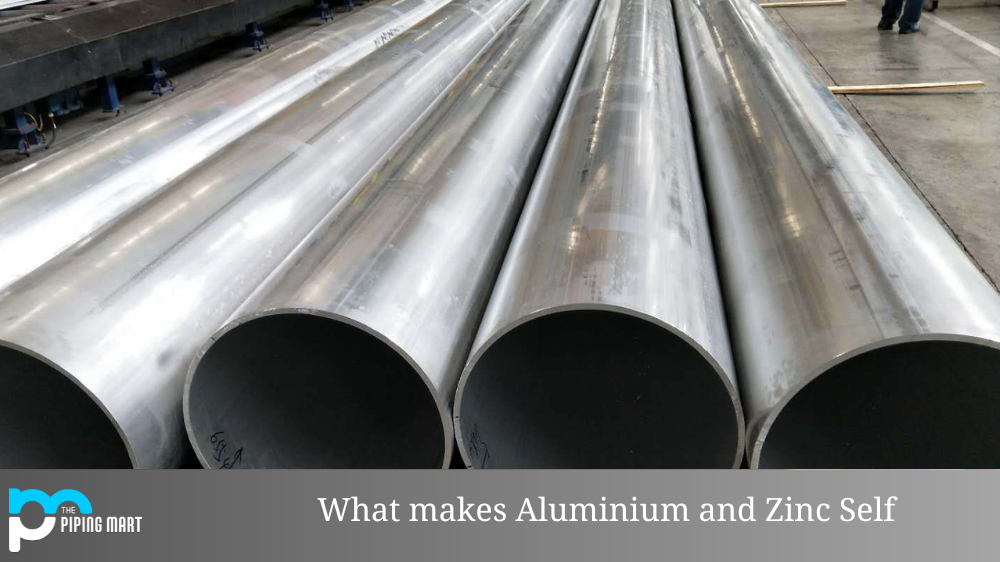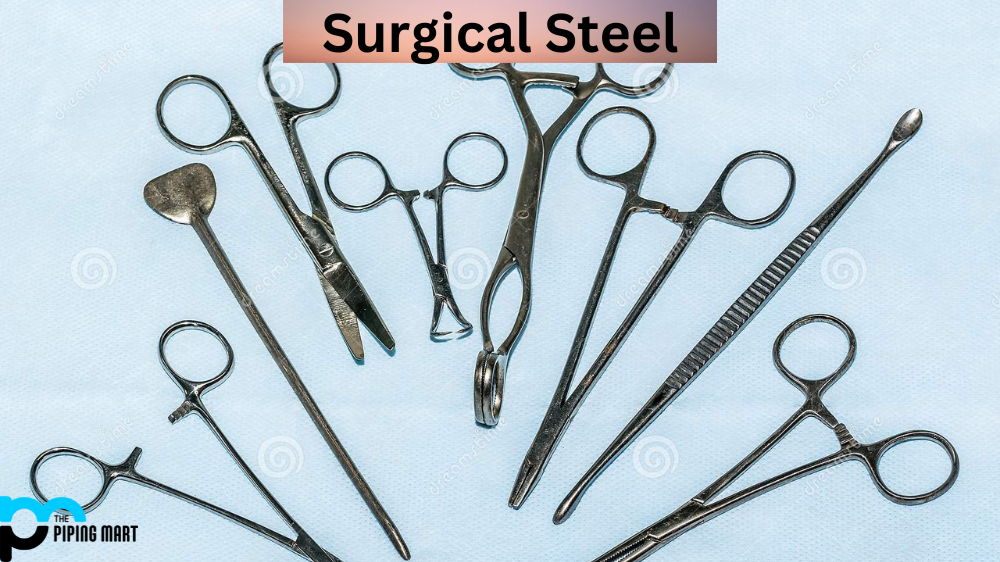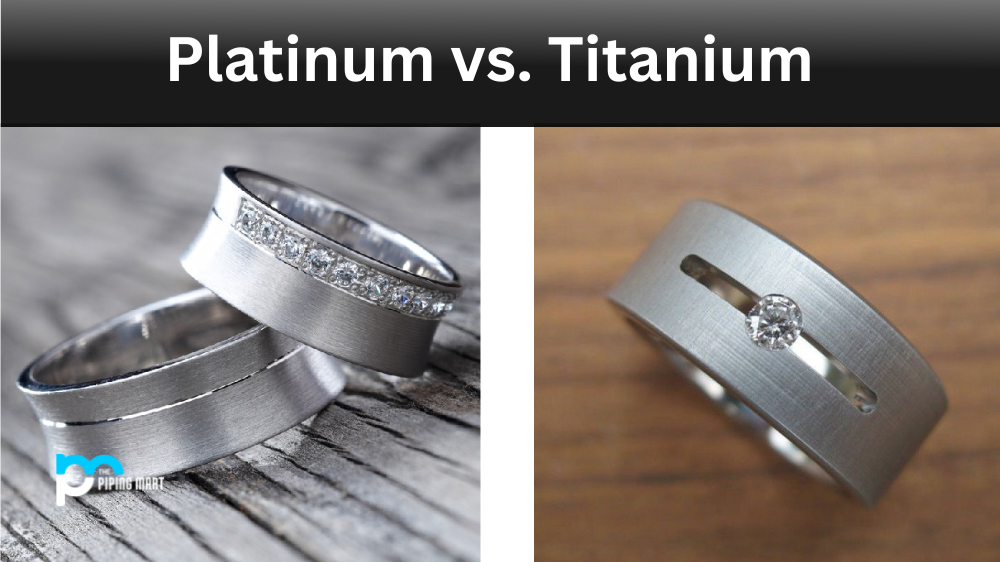Zinc and nickel plating are two of the most popular types of coating used in a variety of industries, including automotive, aerospace, and defense. Both types of plating provide excellent protection against corrosion, but there are some key differences that you should be aware of when deciding which type is best for your application.
Adhesion Properties
The adhesion properties of zinc and nickel plating can vary depending on the substrate material being plated. Generally speaking, zinc has better adhesion to cast iron and steel alloys than nickel does, while nickel has better adhesion to aluminum alloys. This means that if you’re looking for a coating to protect against corrosion on aluminum parts, nickel plating is likely the better option.
Corrosion Resistance
When it comes to corrosion resistance, both zinc and nickel offer excellent protection against rusting and oxidation. However, zinc tends to offer slightly more protection due to its ability to form a sacrificial layer that corrodes before the base metal does—a process known as galvanic action. In comparison, nickel has less galvanic action because it doesn’t form the same protective layer as zinc. As such, nickel plating may not provide as much protection against corrosion in severe environments or applications where exposed surfaces are regularly submerged in water or exposed to other corrosive elements.
Cost Difference
In terms of a cost difference between zinc and nickel plating, zinc tends to be significantly less expensive than nickel due to its lower cost of materials and longer shelf life—so if budget is an issue for your project or application, then zinc may be the better option for you. Additionally, since zinc doesn’t require as many specialized tools or processes for application as with nickel plating (such as special tanks or power supplies), it’s also typically quicker and easier to apply than its more expensive counterpart.
Conclusion:
When it comes down to choosing between zinc vs. nickel plating for your project or application needs, there are pros and cons associated with each type of coating material—it depends on what your specific requirements are when making your decision. Factors like adhesion properties, corrosion resistance level needed, the cost difference between the two materials, and ease/speed of application should all be taken into consideration when determining which type is best suited for your particular needs. Ultimately though, no matter what type you decide on, both will provide strong protection against corrosion!
Sakshee is a talented blogger, with a particular focus on the Business and Metal Industry. She is passionate about sharing her insights on various metal products and helping professionals to make a better decisions.




